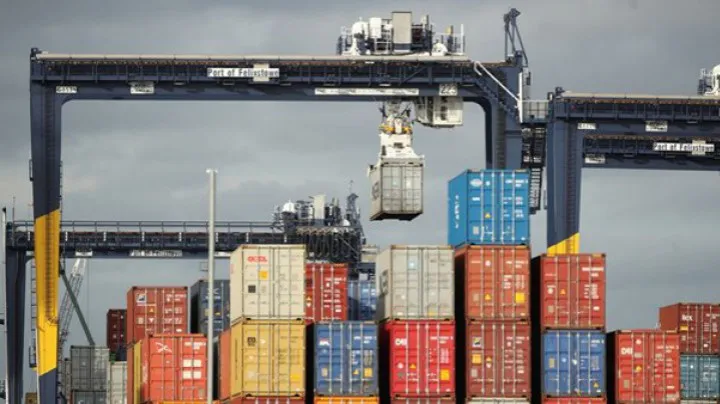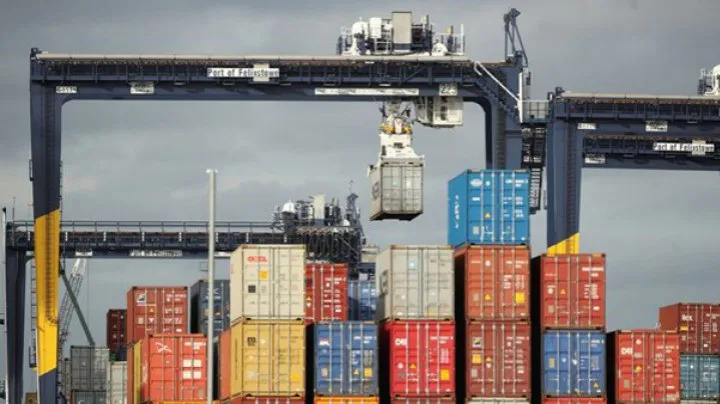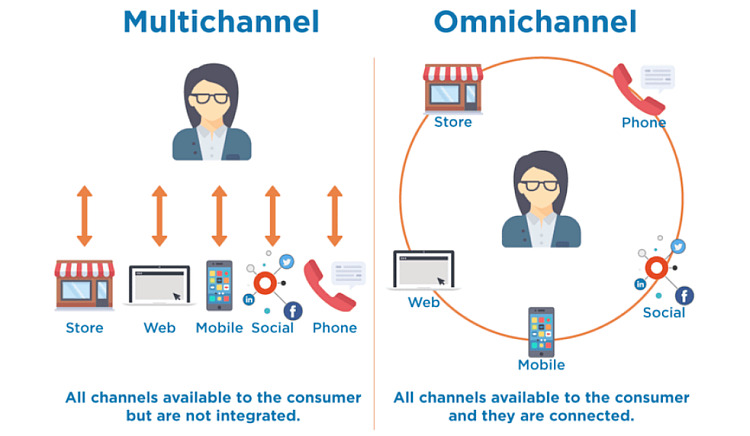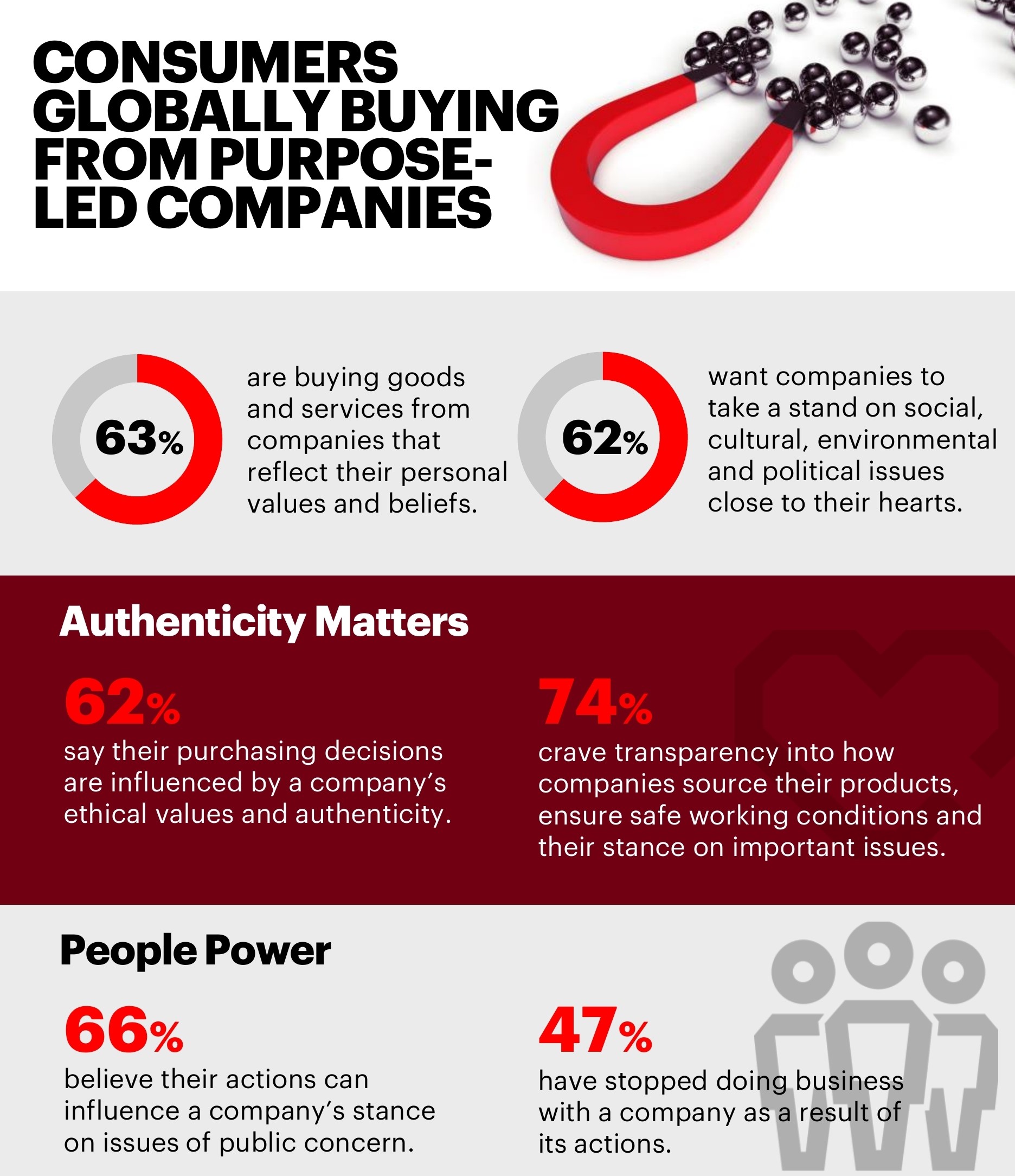Media

Global Shipping Crisis: How can businesses adapt?

The waiting game within the global shipping ecosystem is still on. Does anyone really know when this is going to end? A bunch of experts have a different say on that: some say we can expect it to end by 2022 at the earliest or even only by 2023, as some conservative estimate predict.
What other disruptions are ahead of us? We never really know. The entanglement of the global shipping lanes creates a ripple effect making it a little too complicated to scrutinize.
There is one thing for sure though: Businesses are in no position to slack off and wait. They should rather take advantage of whatever resources they can find to build a recovery tactic while working on building resilience throughout each point of the supply chain.
For some, the global shipping crisis is a truly terrible situation to be in as a business. However, let us not discount the wins of other businesses which are taking advantage of the situation to create better service, products, and solutions for their customers.

In this blog, this is exactly what we are going to tackle. What are the factors that have contributed to other businesses’ success despite the numerous disruptions we have faced and are still facing? What can businesses learn from them and to which areas can they be applied?
In a nutshell: how do we adapt to the crisis and what can global shipping companies do to cater to the world’s ever-increasing demand?
Looking back, we have come across several trends that have directly impacted the worldwide shipping of different products in ways other than contributing to the already congested ports and production line. In fact, they caused a major shift to the consumer’s behaviour.
- Covid-19 pandemic
The Covid-19 pandemic is most likely the biggest wave up to now that has significantly changed the shopping and consuming landscape. More than ever consumers have been demanding convenience, safety, and accessibility, every step of the way.
Here are some notable examples of Covid-19 trends:
Remote working and virtual schooling models caused a pandemic-induced surge in demand for professional office and learning setup as well as technology products. And because more people tend to do more things at home now, including fitness and exercises, that also paved way to the surge in such products. In-home fitness has replaced the traditional way of going to the gym.
83% of workers say a hybrid model would be optimal.- Accenture
Several reasons for how the cycling trend started are out there. The main ones relate to the rising awareness about healthier and more environment-friendly alternatives to riding cars or joining the crowd during rush-hour commute. The developing urban mobility in major cities can also be credited for this trend.

While the demand is pouring in, stocks and parts for cycling items are running dry in most shops making it a challenge for the industry.
- Technology
The e-commerce market in the UAE alone is one of the fastest-growing sectors in the world thanks to the high-internet connectivity and mobile penetration in the region. , E-commerce marketplaces and online shops have been a reliable avenue for consumers and business to connect and do trade with the rest of the world.
Online shopping platforms paved the way for better accessibility by creating personalised, on-demand and affordable products and services. However, this phenomenon has also been affecting the logistics industry by causing huge amounts of backlogs that constantly pile up to the already existing bottlenecks in the shipping lanes.
- Social Media
Social commerce is proven to be a popular and effective tool for businesses to reach their target customers. User generated content via social media has stamped its importance in dictating lifestyle, food and consumer trends.

Source: Shopify
How can businesses adapt to the crisis?
Build a resilient supply chain strategy with your 3PL provider
Establishing resilient supply chain strategies is an essential part of operations nowadays. The global trade, particularly the shipping and logistics sector, can be a vulnerable target for disruptions. Having a resilient strategy in place helps reduce the downtime during the recovery process. Consumers need a faster fulfilment and delivery service for e-commerce today. Time is of the essence when it comes to fulfilling customer orders. Bouncing back from a disruption in the most agile way is the best bet for manufacturers and retails sellers. A few of the resilient strategies that top companies are putting in place include adopting a standardized process, implementing localization or nearshoring, and continuous culture conditioning against disruptions.
The upfront costs of establishing an in-house logistics strategy can take up a lot of time and effort. Partnering with a 3PL can help you allocate resources better and faster, enabling you to focus on your core business or sales or product development.
Other benefits of having a reliable logistics partner are the following:
- Extension of your human resources, partners, and network.
- Reduce costs from returns, errors, and lost shipments.
- Manage your inventory and cashflow better.
Establish and omni-channel e-commerce strategy
Establishing an omni-channel ecommerce strategy starts with an understanding that the shopping era has changed. We are in an age of hybrid shopping models where in-store and online stores are expected to be integrated, helping customers have a superb retail experience.
Despite the growth of online commerce, a bunch of consumers still prefer to shop in-store to get the better feel of the products they are buying while using online shops and apps only as a
48% of all consumers still prefer to shop in-store because that’s where they are experiencing better consumer experience.
The same way as with e-commerce selling, having omni-channel logistics strategies gives way to better customer experience, personalization and data collection – all of which are the key factors to succeeding in the business nowadays.

Use technology to your advantage
Technology has undoubtedly contributed so much to improving the shipping and supply chain economy. It enabled us to make processes faster and more efficient. There is no doubt that technology is one of the crucial solutions to solving the global shipping crisis. The main benefit of having an established technology system is having an improved visibility along the operational process. But just like other logistics resources, technology systems are a rather costly acquisition.
The advantage of having a reliable shipping or 3PL provider comes back to this. Know about the tech solutions that your provider offers. Look for solutions that will give you transparency and end to end visibility throughout your entire supply chain: most importantly in freight or shipping management, road distribution or delivery and warehouse management.
Through the insights and data from the shipping or logistics tech systems, you will be able to predict demand trends and respond that them accordingly. Another main advantage of using an integrated technology solutions is the data collection system that will enable businesses start tracking, assessing, and making informed decisions despite the seemingly uncontrollable shipping situation.
Beyond this crisis, technology will stay part of the shipping industry. So, there is no better time for businesses than now to start transforming and integrating technology to their processes.
Create value
More consumers are engaging and becoming more aware of cultural, environmental, and social issues that might threaten our way of living as well as the global economy with further disruptions. Creating real value is another keystone to differentiating your business from others. - Especially now when brand loyalty is falling off the list of reasons why consumers should buy from your business, it is time to start giving a deeper meaning to their buying decisions.

Source: Business Wire
Building strong corporate responsibility measures takes time and resources. An effective shortcut is to partner with businesses who will help you to get involved in these initiatives and create a positive value and responsible proposition for your business.
Conclusion
Adapting to the global shipping crisis is easier when it is not treated like a one-man job. Finding the right partner who can help you establish the right solutions, processes, and network for you is the key factor.
Understanding the insights and trends that our customers participate in is always the best starting point to contending any disruptions in any industry. Nowadays, with the aid of the internet, digital tools, technology, and social media, it is easier for businesses to prepare and transition to a more competitive and resilient fulfilment setup.
RSA Global is one of the reliable logistics and shipping companies in the UAE. We boast ourselves with an end-to-end supply chain infrastructure. One of the most promising solutions we offer to our customers is our logistics technology ecosystem that consists of three integrated platforms for freight management (ClickSC – Click for your Supply Chain), transport management (ClickRF – Click for your Road Freight), and warehouse management (ClickWM- Click for your Warehouse Management).
The combination of our global reach and network, 360° logistics infrastructure and integrated digital solutions powered by an intelligent virtual assistant (RiA), enables our customers to have a seamless and cost-effective solution to gain control over the global supply chain issues.



